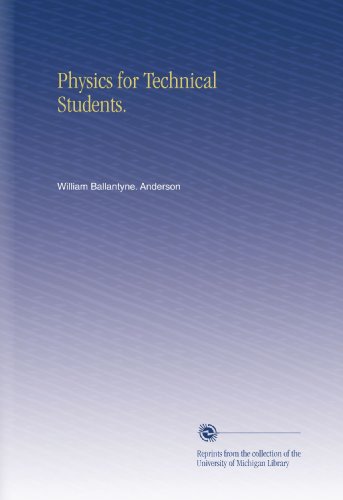Ham Radios Technical Culture
| Date: 19 January 2011, 08:26
|
Decades before the Internet, ham radio provided instantaneous, global, person-to-person communication. Hundreds of thousands of amateur radio operators--a predominantly male, middle- and upper-class group known as "hams"--built and operated two-way radios for recreation in mid twentieth century America. In Ham Radio's Technical Culture, Kristen Haring examines why so many men adopted the technical hobby of ham radio from the 1930s through 1970s and how the pastime helped them form identity and community.
Ham radio required solitary tinkering with sophisticated electronics equipment, often isolated from domestic activities in a "radio shack," yet the hobby thrived on fraternal interaction. Conversations on the air grew into friendships, and hams gathered in clubs or met informally for "eyeball contacts." Within this community, hobbyists developed distinct values and practices with regard to radio, creating a particular "technical culture." Outsiders viewed amateur radio operators with a mixture of awe and suspicion, impressed by hams' mastery of powerful technology but uneasy about their contact with foreigners, especially during periods of political tension.
Drawing on a wealth of personal accounts found in radio magazines and newsletters and from technical manuals, trade journals, and government documents, Haring describes how ham radio culture rippled through hobbyists' lives. She explains why hi-tech employers recruited hams and why electronics manufacturers catered to these specialty customers. She discusses hams' position within the military and civil defense during World War II and the Cold War as well as the effect of the hobby on family dynamics. By considering ham radio in the context of other technical hobbies--model building, photography, high-fidelity audio, and similar leisure pursuits--Haring highlights the shared experiences of technical hobbyists. She shows that tinkerers influenced attitudes toward technology beyond hobby communities, enriching the general technical culture by posing a vital counterpoint.
Kristen Haring is a visiting scholar in Columbia University's Department of History. She holds degrees in mathematics from the University of Pennsylvania and the University of North Carolina at Chapel Hill and a PhD in history of science from Harvard University. Haring's work has been recognized by the Society for the History of Technology, which awarded her the IEEE Life Members' Prize in Electrical History for portions of Ham Radio's Technical Culture. She has served on the board of directors of the Keith Haring Foundation since its creation by her brother in 1989.
|
DISCLAIMER:
This site does not store Ham Radios Technical Culture on its server. We only index and link to Ham Radios Technical Culture provided by other sites. Please contact the content providers to delete Ham Radios Technical Culture if any and email us, we'll remove relevant links or contents immediately.
 Comments (0)
All
Comments (0)
All










